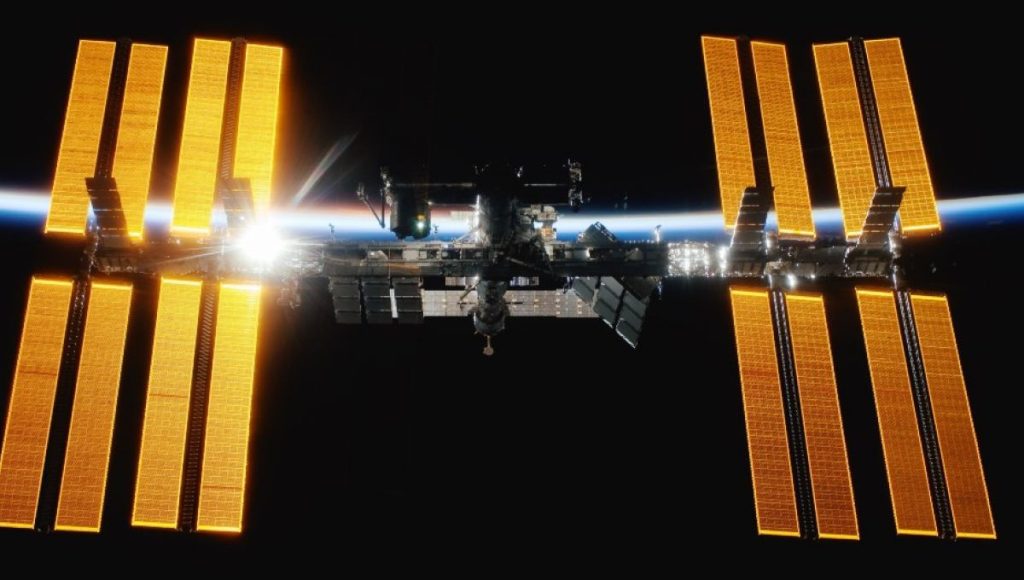Certain religious rituals have followed the rhythm of the sun for centuries. Devotees use the hour he sleeps as a teacher to break the fast on holidays such as Yom Kippur or during Ramadan. These religious teachings are naturally based on the conditions of earthly life, so what will happen once these practices take place in space, where these norms will no longer be authentic? From the International Space Station (ISS), which orbits the Earth at more than 27,000 kilometers per hour, astronauts witness sixteen sunrises and sunsets daily. How, under these circumstances, does one continue to practice one’s religion? At a time when Elon Musk and other entrepreneurs want space tourism developmentThe question is less explicit than it appears.
To best support the astronauts, several rabbis as well as Malaysia’s National Islamic Fatwa Council have attempted to outline the weightlessness ritual.
Based on Earth timezone
When Sheikh Muzaffar Shukr, the first practicing Muslim to reside aboard the International Space Station, visited space in 2007, Ramadan was about to begin. In order to best accompany him on his journey and faith, the National Islamic Fatwa Council of Malaysia has issued some special directives. The imams said that fasting could be postponed during Ramadan until the astronaut returned to Earth. If a Muslim prefers to perform this ritual from space, then it is recommended to fast according to the time zone of the place from which the missile was launched. As for prayer, the obligation to kneel has been eased – the task is difficult in weightlessness. To achieve this facing Mecca, practitioners should orient themselves at best, says the council.
On the rabbis’ side, theologians struggle to come to an agreement. No official guidelines have been formulated for the observance of Yom Kippur in space. Like the imams, Rabbi David Golinkin, president of the Schechter Institute for Jewish Studies in Jerusalem, wrote in 2002 that astronauts should base their time zone on that of Texas in the United States, where the base is located, and NASA. Rabbi Eli Kornfield of Hunterdon told CNN Business that he agrees with Golinkin’s recommendations, but advises on his part to avoid accepting a space mission during important Jewish ceremonies. To close the debate, he added that if millions of people ever lived or worked miles above the earth, Jewish faith would evolve and adapt to circumstances.
fun fact, Religious ceremonies were held in space, notably during the Apollo 8 mission in 1968. Buzz Aldrin and Neil Armstrong performed Christian fellowship rituals after landing on the moon and before making a great leap for humanity.

“Music guru. Incurable web practitioner. Thinker. Lifelong zombie junkie. Tv buff. Typical organizer. Evil beer scholar.”








More Stories
A large manufacturing project awaits space in the industrial zone
According to science, here are officially the two most beautiful first names in the world
Green space, 100% pedestrianized: DIX30 reinvents itself